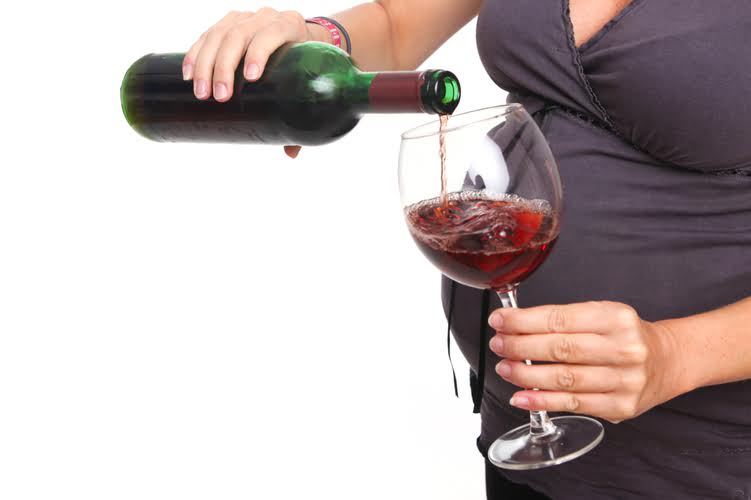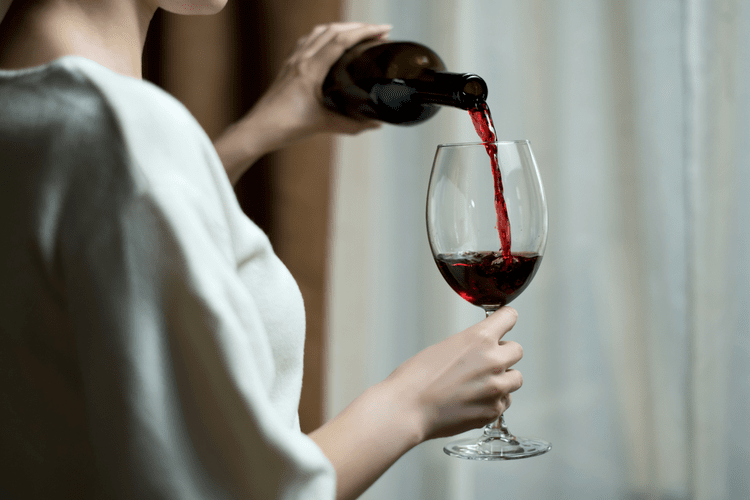It’s not the same thing as a lapse, which is temporary and short-term — such as when you have one drink at a party, then go back to not drinking. Triggers such as an emotional upset or unpleasant event may seem to cause a relapse. However, alcoholism, like any treatable disease or disorder, will resurface unless treatment is ongoing, in some capacity. Experts thinkthis occurs because the neural circuits involved in stress and mood are the same circuits involved in the brain’s reward system.
Struggling with alcohol? You’re not alone.
Dealing with mental relapse and understanding emotional relapse involves a constant internal battle between abstinence and temptation. Physical relapse, on the other hand, includes experiencing withdrawal symptoms from the absence of drugs and alcohol. In either case, understanding your triggers forms a significant part of a successful recovery journey. By understanding the nature of relapse, identifying triggers, and developing effective coping strategies, individuals can navigate their recovery journey with greater resilience. Support from loved ones and professional resources plays a vital role in maintaining sobriety and preventing future relapses. Many people who know how difficult addiction can be can develop anxiety when they think about alcohol and drug abuse.
The Recovery Village Palm Beach at Baptist Health Drug and Alcohol Rehab
The components you acknowledged in your plan at the beginning of your recovery have the potential to change and develop over time, as do the people in your support system. This can be done on your own or by sitting down with a professional. Each individual’s needs will vary, so it is important to assess where you are in your recovery and to behonest with yourself. Create arelapse prevention action planfor what to do instead of turning to drugs or alcohol. For example, if going through a breakup could lead to a relapse, think of other outlets for your pain and frustration. Instead of drinking or using, plan to attend a Alcohol Relapse support meeting or call a family member or close friend right away.
Create a Relapse Prevention Plan
We adhere to strict accuracy guidelines and only reference credible sources when providing information on our website. If you experience a relapse, the first thing you should do is have compassion for yourself. Beating yourself up over a relapse will only make your substance abuse worse, as guilt and shame feed an addiction.

Is Inpatient Or Outpatient Alcohol Treatment Better For Alcohol Relapse

They might abandon their efforts, feeling that quitting is too difficult. Even some treatment programs take a hard line on participants who relapse. Support networks play a crucial role in helping individuals cope with the emotional challenges of recovery and preventing relapse.
A slip is characterized by unplanned use followed by immediate efforts to get back on track—like attending a meeting or consulting a therapist. A relapse, however, involves a conscious decision to resume using substances without taking steps to return to sobriety. A slip leads to a relapse, but it is not inevitable if the person quickly recommits to their recovery and seeks the right support. Because alcohol is a coping mechanism, exposure to stressors and situations that are stressful can also lead to relapse. If a person can’t cope with these situations, they will be more likely to drink again.
- Our approach to emotional recovery includes teaching emotion regulation skills, where you learn to manage intense emotions without resorting to substance use.
- This may involve adding new coping strategies, seeking additional support, or making lifestyle changes.
- Contact a Recovery Advocate today to take the first step toward living an alcohol-free life.
Whether you are struggling with addiction, mental health or both, our expert team is here to guide you every step of the way. Don’t wait— reach out today to take the first step toward taking control of your life. If you experience a lapse, you must be aware of how to prevent it from turning into a relapse.

Relapse is a common part of recovery, but it doesn’t have to define your journey. Relapse prevention treatment focuses on helping you identify triggers, build healthier coping strategies, and stay engaged in long-term recovery. These programs often include therapy, peer support, and personalized care plans to strengthen your resilience and reduce the risk of returning to alcohol use. If you or someone you love is ready for this next step, use our search tool to find rehabs near you that offer relapse prevention programs tailored to your needs and recovery goals. In treatment, patients learn to identify any high-risk situations and the warning signs of relapse, and create relapse prevention plans they can apply to dangerous situations, triggers and other life stressors.
Tip: Allow yourself the space to process and ask for help.
Feelings of irritability, low mood, and discontent that often come in early sobriety can trigger a relapse as well. Getting appropriate treatment for co-occurring mental health and medical conditions can also help reduce your risk of relapse. Loneliness can also be linked to high-risk behaviors such as substance abuse, and therefore, having a support system is a key component of avoiding relapse. For some, alcohol may serve as a way to self-medicate in order to reduce the pain of social isolation or ease the discomfort felt from feeling like you don’t have anyone in your corner.
Before getting to a full-blown relapse, however, a person may experience a lapse, described as the initial use of a substance after a period of recovery.1 The late addiction researcher G. Alan Marlatt, Ph.D., referred to a lapse as an abstinence violation. According to Marlatt, what matters after a lapse is the person’s emotional response to the violation. This response can be a good indicator of whether the individual will relapse. Cognitive behavioral therapy (CBT) helps identify the thoughts and behaviors that led to the relapse and develop healthier coping strategies.
Patients are also taught the disease model of addiction, which states that addiction is both chronic and progressive. In other Sobriety words, it’s a lifetime diagnosis, so patients have to carefully maintain their recovery using different coping skills, support networks and self-care routines. By using those important techniques, people in recovery will adeptly maneuver any threat of relapse. Alcohol relapse occurs when an individual returns to drinking after a period of abstinence. It is a common and challenging aspect of the recovery journey, with rates suggesting that around two-thirds of individuals with alcohol dependence relapse within the first six months. Over the course of substance use disorder recovery, between 40 and 60% of people will go through relapse.
